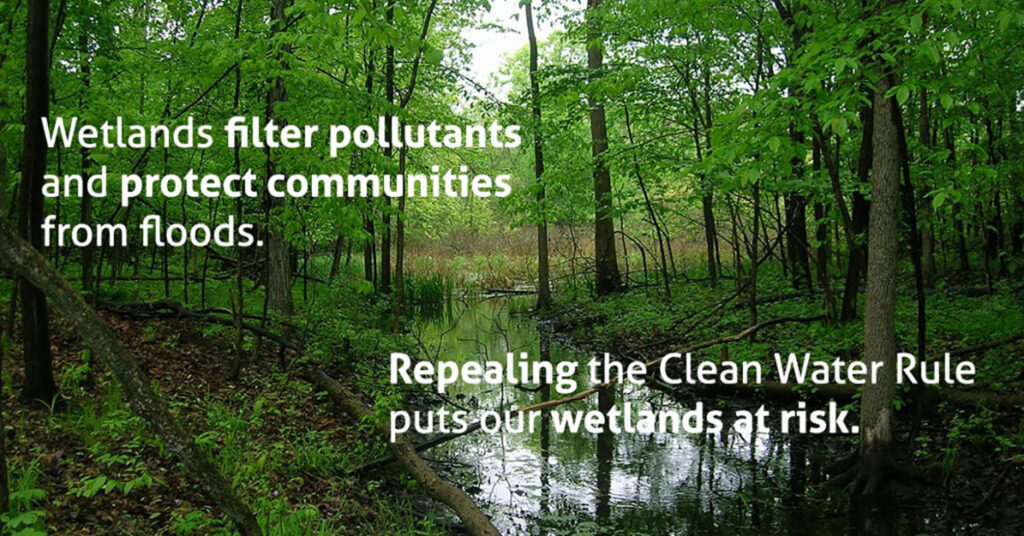By Bella Isaacson, Alliance Intern from Scripps College
The Supreme Court made a staggering decision to stop protection of wetlands from the Clean Water Act. The 1972 Act protected waterways from being used as a dumping grounds for industrial pollution, with its scope extending to all “navigable waters.” “For the first time in the nation’s history, any discharge of pollutants into the nation’s waterways absent a permit was unlawful, making it possible to safely fish and swim waters throughout the country,” according to the Washington Post.
Congressional language made it clear that the Act protected wetlands, streams and tributaries connecting to lakes and rivers. This has been the accepted understanding for more than 50 years. However, the current Supreme Court has now ruled against this, claiming the these aren’t navigable waters. President Biden responded by saying, their decision “upends the legal framework that has protected America’s waters for decades.” He added. “It also defies the science that confirms the critical role of wetlands in safeguarding our nation’s streams, rivers, and lakes from chemicals and pollutants.”
It seems that the court is returning to the rigid definition of “water” to support their decision, overlooking the main intent of the Clean Water Act. “…pollution requires a permit only if it is discharged into waters that are “relatively permanent, standing or continuously flowing bodies of water, ‘forming geographic[al] features’ that are described in ordinary parlance as ‘streams … oceans, rivers, and lakes.’” And “wetlands” are covered only if they are “indistinguishably part” of those narrowly defined covered waters” (Lazarus). This act of reverting back to a binary definition water only further illustrates the courts lack of concern for public health and environmental justice.
The impact of this ruling has the potential to be monumental and enormously destructive. In what seems to be the flip of a switch, millions of the nation’s once-protected streams and wetlands are hugely under threat.
This decision will also send ripples through the nation’s economy and public health. A myriad of businesses depend on clean water – and thus, these waterways – to operate. Namely, the fishing, real estate, and tourism industries are expected to take a large hit.

